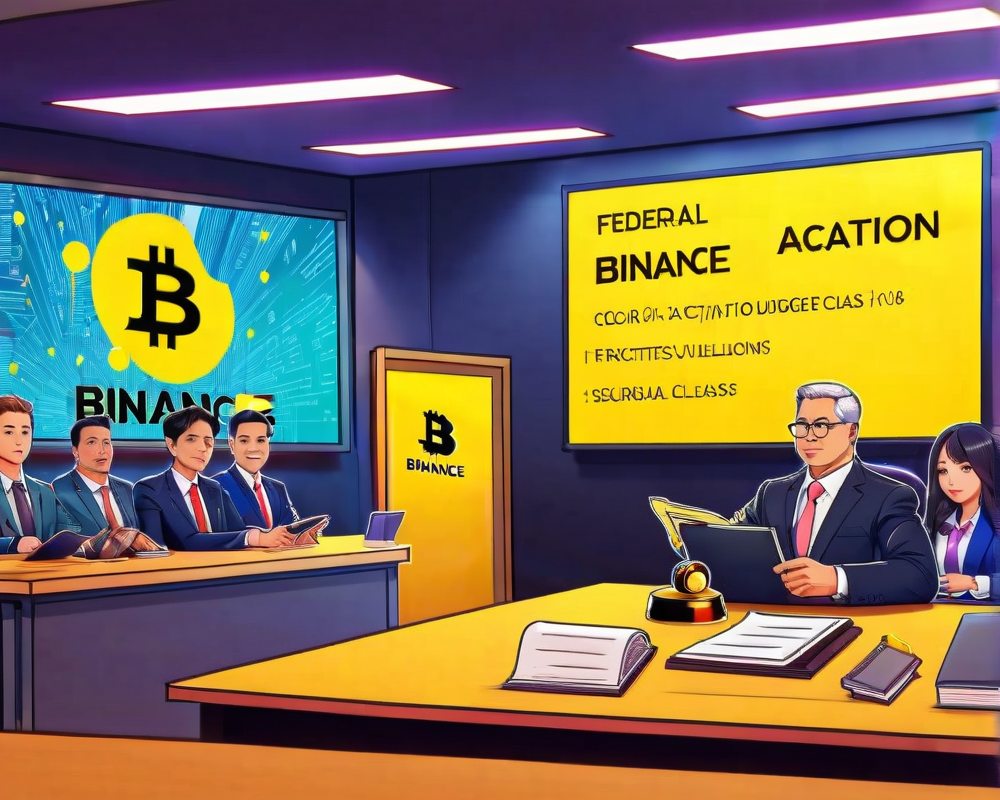Understanding the Dismissal
A federal judge has officially thrown out a class action complaint against Binance, stating that the plaintiffs filed their lawsuit too late. These investors, still reeling from catastrophic drops in the value of various cryptocurrency tokens they purchased in 2017 and 2018, turned to the court seeking compensation. However, their timing proves to be as questionable as a public Wi-Fi password.
The Investors’ Claims
Backed by a cast of tokens including EOS, BNT, SNT, QSP, KNC, TRX, FUN, ICX, OMG, LEND, ELF, and CVC, the plaintiffs asserted that Binance had violated U.S. securities laws. They argued that Binance sold unregistered securities and failed to act as a registered broker-dealer or exchange. In essence, they felt they’d been bamboozled after investing in what they believed were legitimate tokens, expecting, like many, to cash in on the crypto craze.
The Timeline Misstep
Judge Andrew Carter tossed the lawsuit not just on legal technicalities, but primarily on the basis of timeliness. With the investors filing their complaint in April 2020—over a year after their token purchases—he declared it was too late to seek recourse. The plaintiffs contended that the SEC’s framework on digital tokens created a reset for the clock; however, Carter dismissed that notion. According to him, the law dictates that violations are assessed when they occur, not on when they are realized, much like finding out that the store return policy expired last week.
Jurisdiction Matters
Another nail in the coffin for the investors’ case was the location of Binance itself. The company’s base in the Cayman Islands comes into play here. Judge Carter noted that as Binance is not a domestic exchange in the U.S., American securities laws simply do not apply. A classic case of ‘you can’t touch this’—unless you’re a shareholder of the exchange, apparently.
What This Means for Crypto Investors
This ruling resonates beyond just the Binance case. It reflects the ongoing tension in the crypto world, where rapidly evolving technologies clash with traditional regulatory frameworks. Many investors are still feeling the burn from the crypto market’s notorious volatility, and this case highlights the need for investors to remain vigilant and perhaps, more importantly, timely when pursuing claims.
The Ripple Effect
Interestingly, Binance isn’t alone. Just days after this ruling, another lawsuit targeted Coinbase, accusing it of functioning unregistered in the same way Binance was alleged to. It seems the crypto exchanges are caught in a whirlwind of legal troubles that keep on spinning, leaving investors and regulators alike questioning who, if anyone, really knows the rules of the game.















+ There are no comments
Add yours